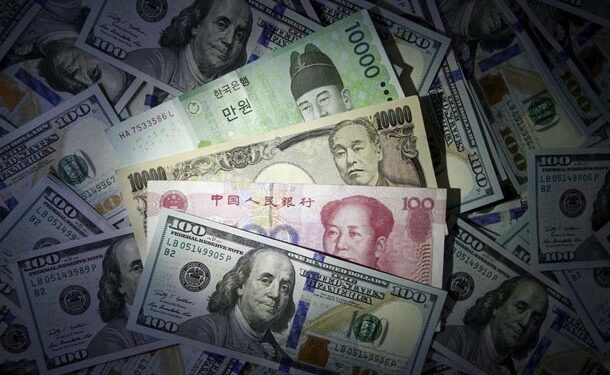RANGOON — After months of deliberation, Burma’s new investment law was approved by a joint sitting of Parliament on Thursday, replacing interim laws passed earlier in the term of President Thein Sein.
The law, which combines the 2012 Foreign Investment Law and the 2013 Myanmar Citizens Investment Law, alters the mandate of the Myanmar Investment Commission (MIC) and adds some nominal human rights protections to future foreign investment projects, among other changes.
“The amendments allow more state and regional involvement in investment. They don’t change the percentage of joint venture companies set out in the Foreign Investment Law,” said Khin Shwe, an outgoing Upper House lawmaker and chairman of the Zaykabar Group of Companies, referring to legal requirements giving local partners a majority stake in joint ventures with foreign firms.
Under the changes approved on Thursday, the Myanmar Investment Commission (MIC) is now authorized to delegate, pending national approval, investment decisions to divisional and state authorities. There will also be more coordination between regional and Union governments on investment decisions.
“The Myanmar Investment Commission works at the national level now, but starting next year, state and regional governments will also be able to make investment decisions. That’s the major change to the law,” Khin Shwe told The Irrawaddy.
Khine Maung Yi, a Lower House lawmaker, said that although differences of opinion between the Lower and Upper houses had been resolved, there were other important economic bills that needed the approval of Naypyidaw before the new parliament is seated at the end of January.
“The two amendment bills were approved, but the most important task in the coming days will be to enact the Condominium Law and the Special Goods Law,” he said.
Though the bill is expected to attract more international investors to the country, Hlaing Tharyar Industrial Zone chairman Myat Thin Aung complained that the bill gave preferential treatment to foreign operators, noting that prospective local partners were not given the same five-year tax exemption provisions under the law.
“We thought that the Myanmar Citizens Investment Law would provide similar domestic benefits to companies, but that didn’t seem to be the case,” he said. “President U Thein Sein pledged that tax exemption would be available to small- and medium-size enterprises whose net income is up to 30 million kyats (US$23,010) per year. In reality, this only applies to home industries.”
Aung Naing Oo, director-general of the Directorate of Investment and Company Administration, told reporters in September that the investment law addressed human rights concerns raised by non-governmental organizations in the past.

















